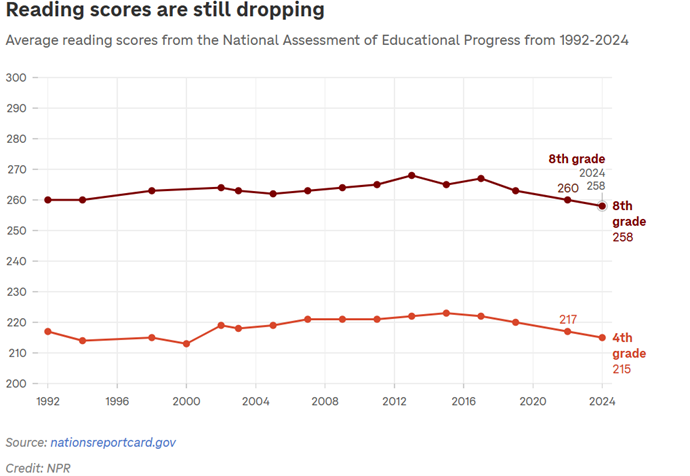
Merriam Webster Definition for Phonics - Noun
- plural in form but singular in construction
1: the science of sound: ACOUSTICS
2: method of teaching beginners to read and pronounce words by learning the phonetic value of letters, letter groups, and especially syllables
Merriam Webster Definition for Decode - Verb
1 a: to convert (something, such as a coded message) into intelligible form
b: to recognize and interpret (an electronic signal)
2 a: DECIPHER
b: to discover the underlying meaning
Definition of Phonics and Decodable Materials for Teaching Reading:
Reading instruction that utilizes Phonics teaches the relationships between the written letters in words and the actual sounds of those words.
This technique teaches children based on the alphabetic principle — the idea that letters represent the sounds of spoken language.
The next step, Decoding, is when a reader can recognize the letter-sound relationship in the written word, and then to translate that word into speech.
This method teaches pre-readers and early readers that words are all organized, and that there logical and predictable relationships of letters in the words we read and the words we speak.
Early Childhood Reading Proficiency for Children in the US:
A sense of urgency in reading instruction has risen in recent years that has education moving towards the Science of Reading - an instructional theory that leans heavily into brain science of learning speech and language, namely learning them by using phonics.
Why? Since 2019, a significant gap in reading skills among children in the US has developed. CATS first began looking at the data in 2023 to assist our library partners’ efforts at changing and improving community outcomes.
Up until very recently, most American schools were utilizing Balanced Literacy approaches to instruction.
A Balanced Literacy/Whole Language method emphasizes learning to read a word by considering the meaning of the story and what deciphering or deciding the words that might fit into the themes and the images seen on a page. The love of reading or the compelling interest in the story will drive the reader towards more and more mastery.
In contrast, the Science of Reading leans heavily into phonics, and word patterns and sounds, in a structured leveling up once mastery is gained at each new stage, step by step.
For over a century, educators have gone back and forth between the two methods to teach reading. Many American schools were utilizing Balanced Literacy approaches, but since 2019’s National Report Card, that began to change.
The National Assessment of Educational Progress (NAEP), which provides data for the Nation's Report Card, is mandated by Congress and is the largest nationally representative test of student learning. NAEP tests were first administered in 1969. Assessments in math and reading are given every two years to a broad sample of students in fourth and eighth grades. In the most recent report card just issued last month, students are continuing to track downwards in literacy skills.
In 2019, 35% of fourth graders scored at or above the test's reading proficiency standard that figure dropped to 33% in 2022 and, further, to 31%, in 2024.

With the majority of educators in the current workforce that have been trained in the balanced literacy/whole language approach to reading instruction, families often pick up the slack by getting newer educational materials for their children. This is where libraries can help close the gap as the focus for education in the country continues to evolve.
To help meet this need, Baker & Taylor is proud to provide materials based in phonics and decodable instruction, all in our lifetime guaranteed library binding, Paw Print Prebinds. You can browse our offerings on TS360, we have numerous titles to choose from. We update our material offerings regularly - so you can be sure to have the newest titles based on phonics and decodable instruction for your patrons.
Sources:
How the Science of Reading Informs 21st‐Century Education
Nearly 5 years after schools closed, the nation gets a new report card/NPR
Why more U.S. schools are embracing a new ‘science of reading’/PBS
American Children’s Reading Skills Reach New Lows/New York Times